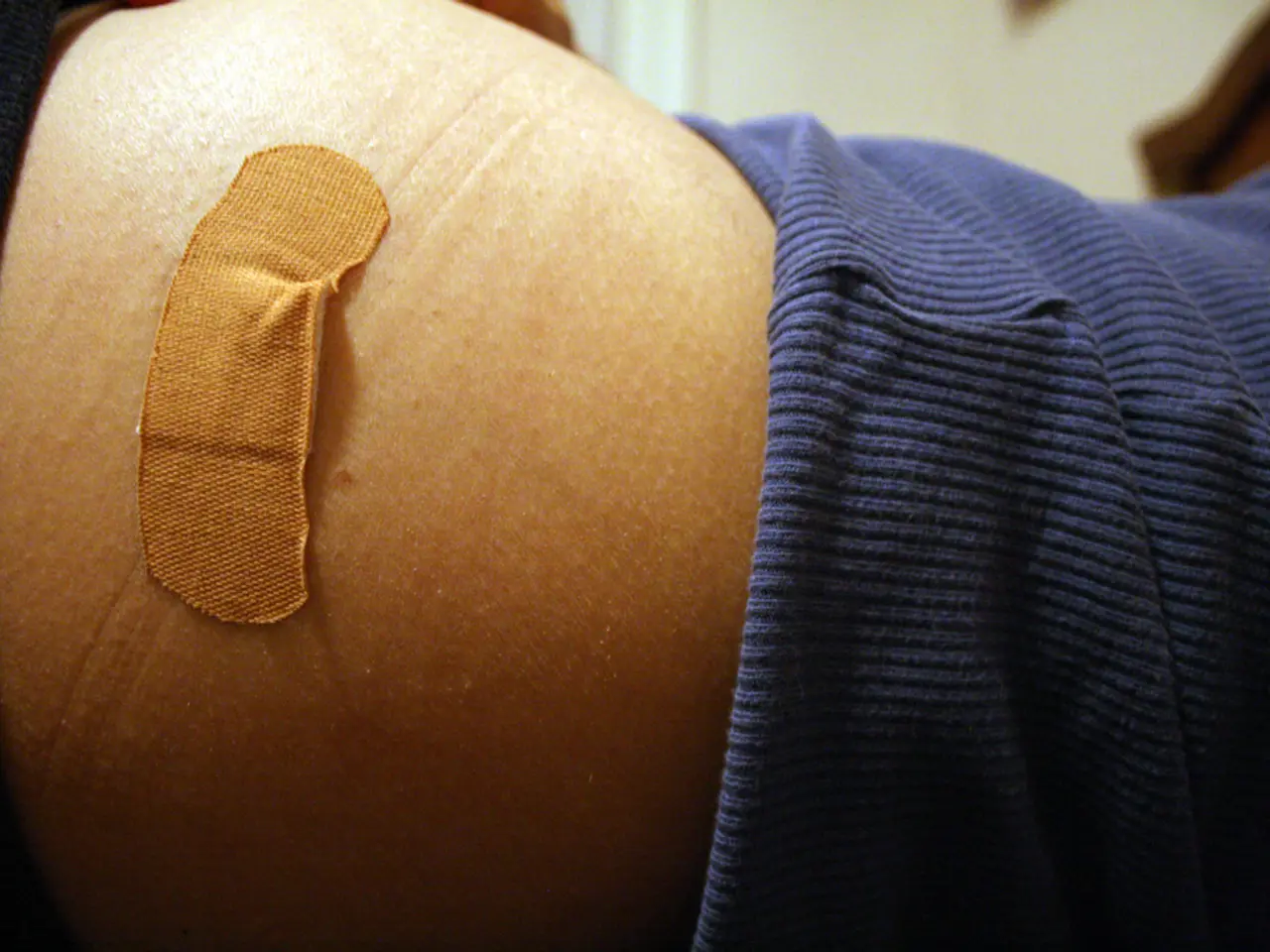Health screenings for adolescents explained
The J1 examination, also known as the Jugendgesundheitsuntersuchung, is a crucial preventive health check-up offered to young people aged 12 to 14 in Germany. This examination serves to assess the physical, mental, and social development of teenagers, with the aim of detecting any health problems or developmental delays early on.
The process of the J1 examination involves a visit to a pediatrician or a doctor, who will conduct a detailed medical history review, a physical examination, and various assessments. These include checking growth parameters such as height, weight, and puberty development, screening vision, hearing, and posture, and assessing mental health and social behavior, including family and school environment.
The J1 examination also includes counseling on various topics, such as nutrition, exercise, sexuality, substance use, and mental well-being. The young person can attend the examination alone or bring a friend. It is important to note that the examination is voluntary, and the young person has the option to decide whether the doctor's office should inform their parents about the results.
Another key aspect of the J1 examination is the emphasis on medical confidentiality. For patients under 18 years old, what is discussed in the consultation room stays confidential, unless a serious illness is diagnosed, in which case the parents will be informed.
The J1 examination is free of charge and offered by both children and youth health practices and general practitioners' practices. Young people should bring their health insurance card, vaccination record, and if available, the yellow U examination booklet to the appointment. Some doctors may ask young people to fill out a questionnaire beforehand, and they should bring it to the appointment.
It is worth noting that the J1 examination does not include a genital examination unless the young person agrees. Over 90 percent of young people participate in U examinations compared to the J1 examination, but less than half of families take advantage of the J1 examination.
The German Medical Association recommends vaccinations against hepatitis B and human papillomavirus (HPV) before first sexual intercourse, and the J1 examination includes a vaccination check. The Robert Koch Institute (RKI) provides information about the J1 examination for those who wish to learn more.
Some diseases may first manifest in adolescence, making the J1 examination important for early detection. The examination takes approximately half an hour, and young people can decide whether they want to attend the examination alone or bring a friend.
In summary, the J1 examination is a vital preventive health check-up for adolescents in Germany, offering a comprehensive assessment of their physical, mental, and social development. It includes various components such as a medical interview, a growth and development assessment, and a vaccination check, as well as counseling on a range of health-related and lifestyle issues. The J1 examination is free of charge, voluntary, and confidential, making it an essential part of ensuring healthy growth and transition into adulthood for Germany's young people.





